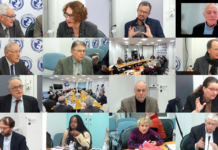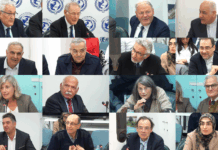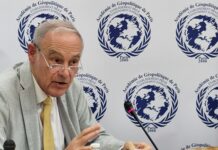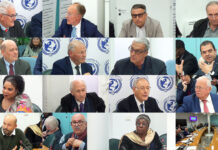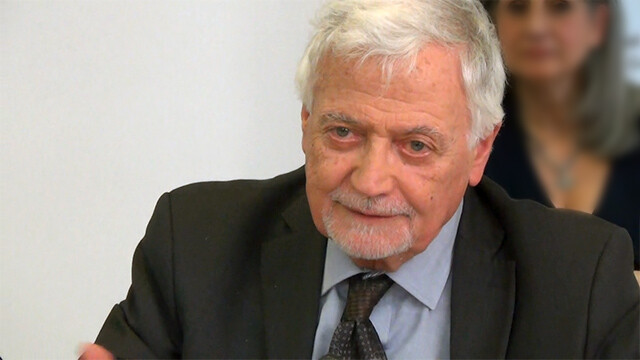Téléchargez l’article au format PDF
Michel Raimbaud
Ancien ambassadeur de France, ancien Directeur de l’Office français de protection des réfugiés et des apatrides.
Résumé : L’évolution des sanctions unilatérales des États-Unis à l’encontre de l’Iran a connu deux grandes périodes géopolitiques distinctes. La première plus proche d’un endiguement commence avec l’affaire des otages de l’ambassade américaine à Téhéran et va se poursuivre jusqu’à la signature à Vienne du Plan d’Action Global Commun (PAGC) sur la question nucléaire iranienne qui consacre une levée partielle des embargos occidentaux. Durant toute cette première période, les États-Unis consacreront leur puissance unilatérale sans frein. La deuxième période commencera avec le retrait de Washington du PAGC et continue toujours aujourd’hui. Le bouleversement géopolitique durant cette période est considérable dans le sens ou le monde occidental est de plus en plus contesté et affaibli. De plus, émerge une dynamique eurasiatique, notamment autour de la Russie, de la Chine et de l’Iran, qui présente pour nombre de pays le visage d’une résistance, sinon d’une alternative. Cette dynamique permet à l’Iran de faire comprendre qu’il n’acceptera aucun chantage quant au couplage de la procédure de négociation de l’accord nucléaire et de la mise en œuvre de sa stratégie dans toute la région.
Mots clefs : AIEA, Chine, États-Unis, Eurasie, Extraterritorialité, Iran, Nations Unies, Plan d’Action Global Commun (PAGC), Russie, Sanctions, Troïka européenne (Grande-Bretagne, France, Allemagne), Unilatéralisme, Union européenne.
IRAN VS. THE EMPIRE : THE ADVANTADGE OF HAVING AN INTELLIGENT STRATEGY
Abstract : The evolution of unilateral US sanctions against Iran has gone through two distinct geopolitical periods. The first, closer to containment, began with the hostage affair at the American embassy in Tehran and continued until the signing in Vienna of the Joint Comprehensive Plan of Action (JCPOA) on the Iranian nuclear issue, which enshrined a partial lifting of Western embargoes. Throughout this first period, the United States would establish its unbridled unilateral power. The second period began with Washington’s withdrawal from the PAGC and continues today. The geopolitical upheaval during this period is considerable in the sense that the Western world is increasingly challenged and weakened Moreover, a Eurasian dynamic is emerging, notably around Russia, China and Iran, which for many countries presents the face of resistance, if not an alternative. This dynamic allows Iran to make it clear that it will not accept any blackmail regarding the coupling of the negotiation procedure of the nuclear agreement and the implementation of its strategy in the whole region.
Key words : IAEA, China, Eurasia, European Troika (Great Britain, France, Germany), European Union, Extraterritoriality, Iran, Joint Comprehensive Plan of Action (JCPOA), Russia, Sanctions, Unilateralism, United Nations, USA.

